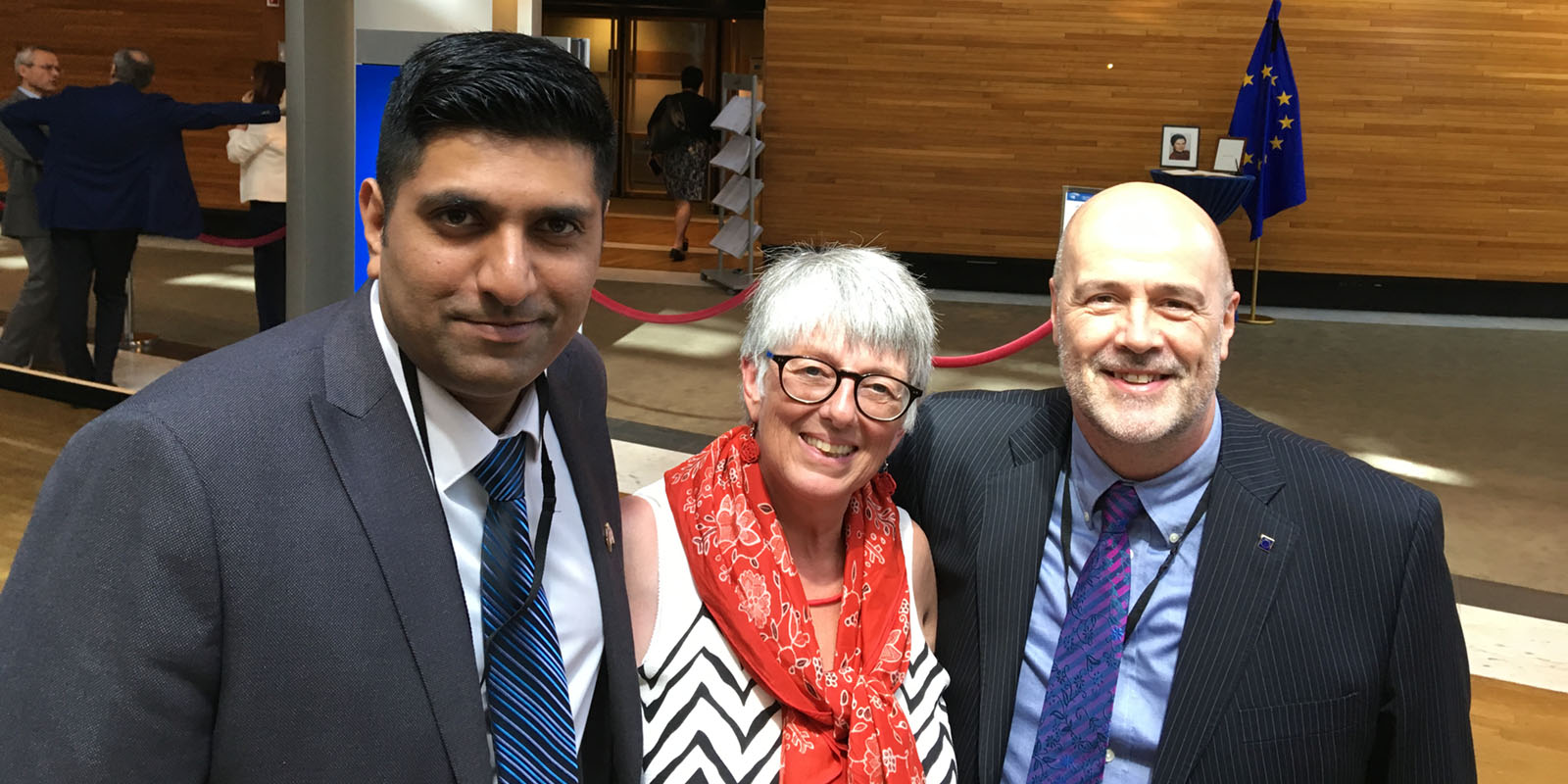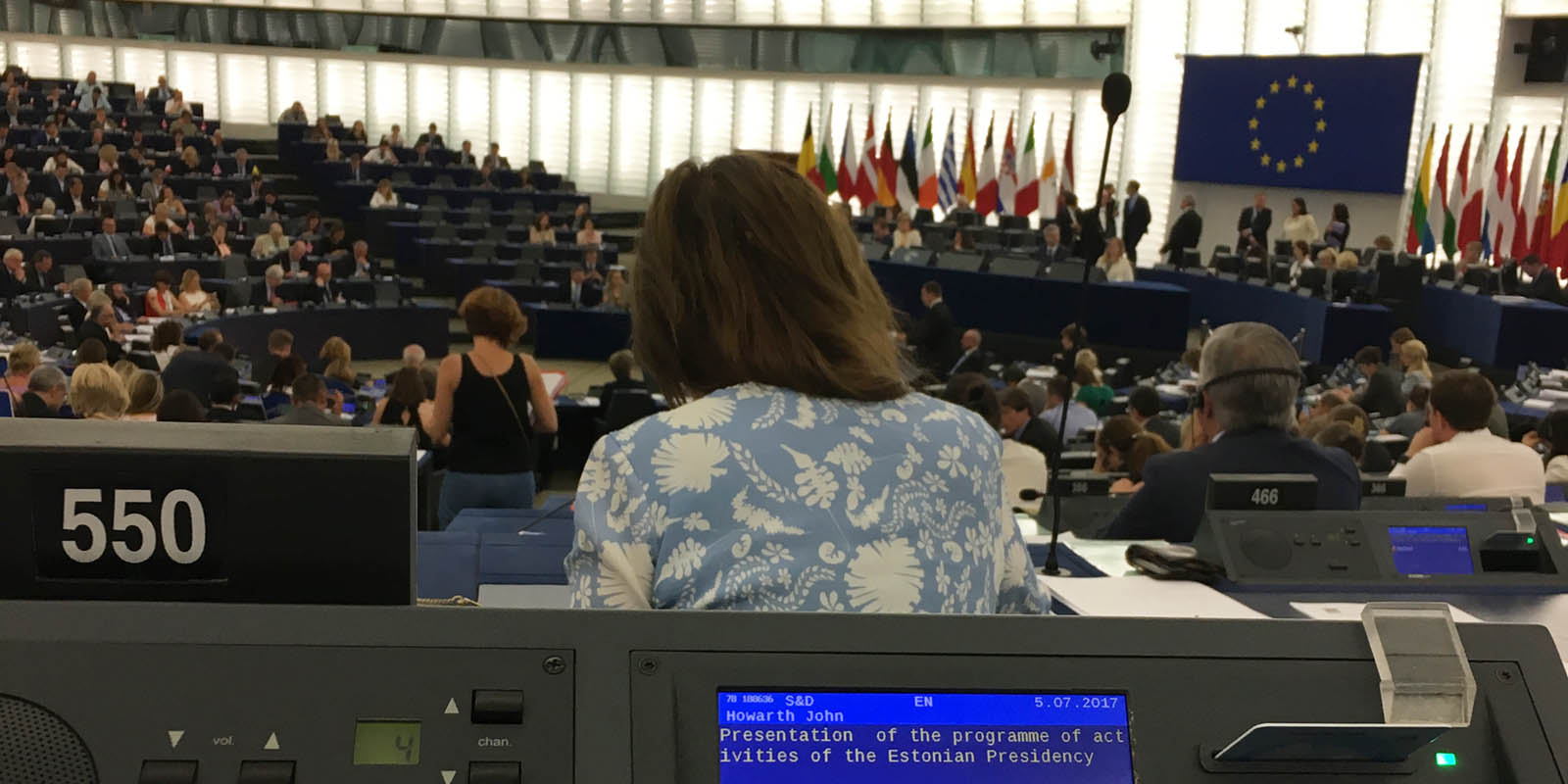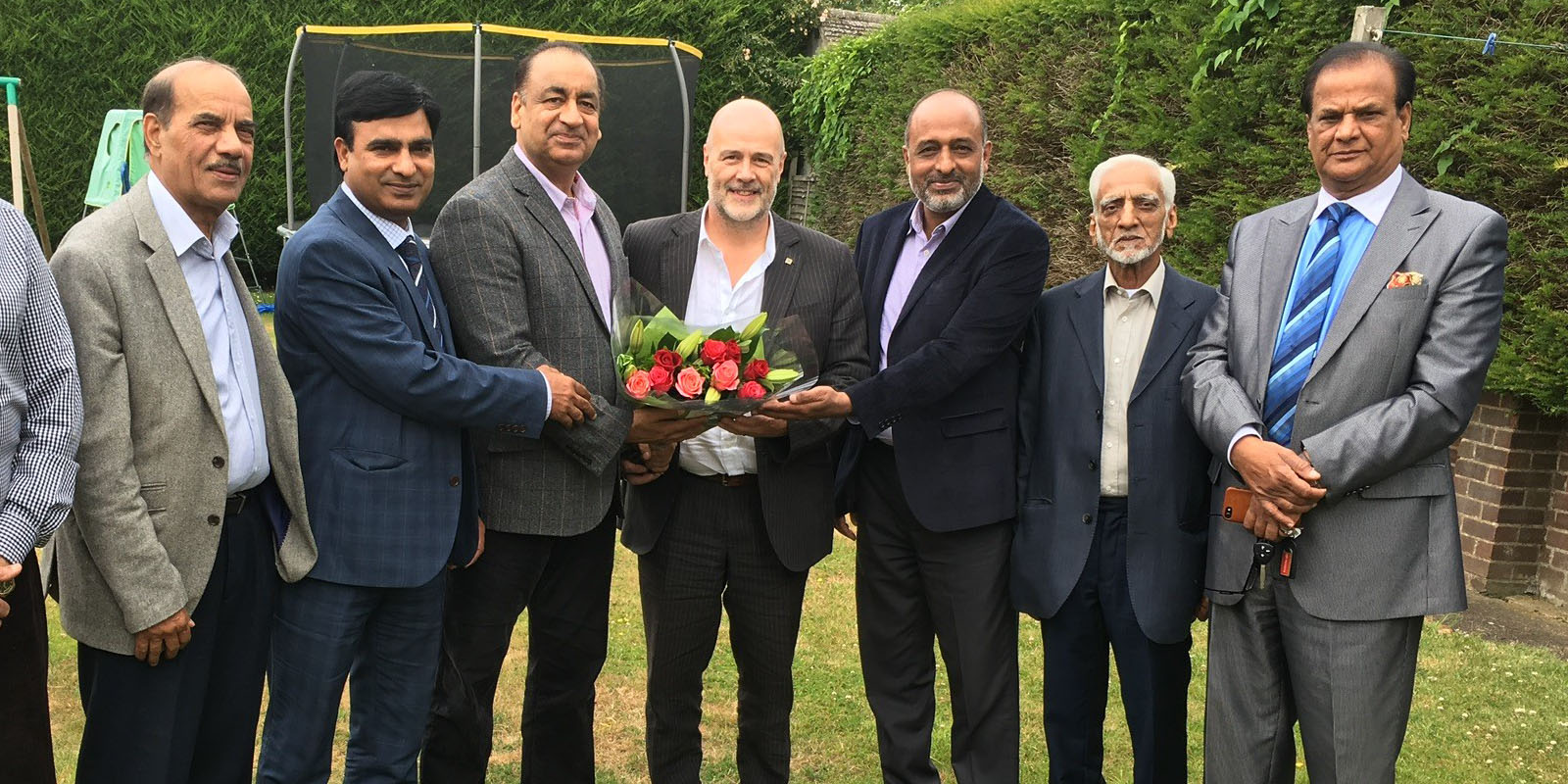The ‘negotiations’ on Britain leaving the European Union are not going well. Why on earth would they? The Prime Minister’s friends and advisors set impossible targets and made irresponsible promises. The very idea of telling people they could “have their cake and eat it”! They may now say that nobody could possibly have taken the claim seriously - so why would you say it?
But we are where we are. The UK Government does have some responsible folk trying their best as they see it. The British civil servants and diplomats believe, as they must, that a ‘deal’ can be done. After all, if they don’t believe there can be an acceptable then they may as well pack up and go home. Nonetheless, in the past week several of the most painful delusions have crumbled in the face of reality.
The approaching ‘cliff edge’ exit from the EU on 19 March 2019 has been all but abandoned. Only the extreme Brexiteers any longer believe this is possible. The various announcements accepting the need for ‘transitional arrangements’ make it clear that the Article 50 timescale is regarded unachievable even by David Davis and Co.
The idea that the UK could exist outside of the European Union without the EU and its law being a significant influence over UK business was something that the Brexiteers had fiercely denied. Theresa May’s (or rather Nick Timothy’s) red line that the European Court of Justice would have no jurisdiction over Blighty was always a nonsense. The judgements of the ECJ on matters of no direct concern to the UK affect the conditions governing our trade now and will continue to do so if for no other reason that judgements will affect how the EU sees it’s own laws and, therefore, what can be sold within the Single Market and how. Those decisions will inevitably apply to UK firms - we will simply have to put up with a court over which we have no influence and on which UK judges will sit no longer. The acceptance by the UK that there is an inevitable interdependency between the decisions of UK courts and the ECJ is the collapse of another pillar in the Brexiteers argument.
Also, the European Union is no longer expected to “go whistle”, as Boris Johnson had so diplomatically phrased the idea of a divorce settlement. The UK has now reportedly accepted that the notion of walking away from the European Union with no settlement of accounts between the EU27 and the UK was always empty rhetoric. So the UK will have to settle what is due, the exact figure is part of the legitimate process of negotiation.
Migration, which Theresa May (or again rather Nick Timothy) held up as the central motivation of those who voted leave, turns out not to have been as high as was previously thought. Equally, drip by drip it becomes clear that significantly reducing migration can only be done at serious risk to the UK economy and our public services. In the light of this reality the UK Government has, quid pro drip, let it be known that during the transition at least migration will not fall significantly.
So having caved in to the EU27’s agenda and timetable, having accepted that Single Market rules will inevitable apply, that migration is here to stay and the UK is will increase public borrowing in order to leave, David Davis and his team can get on with negotiating without the pretence of “having our cake and eating it”. Whatever the outcome, however, it is increasingly clear that the Government cannot deliver on the false promises made to ‘leave’ voters.







